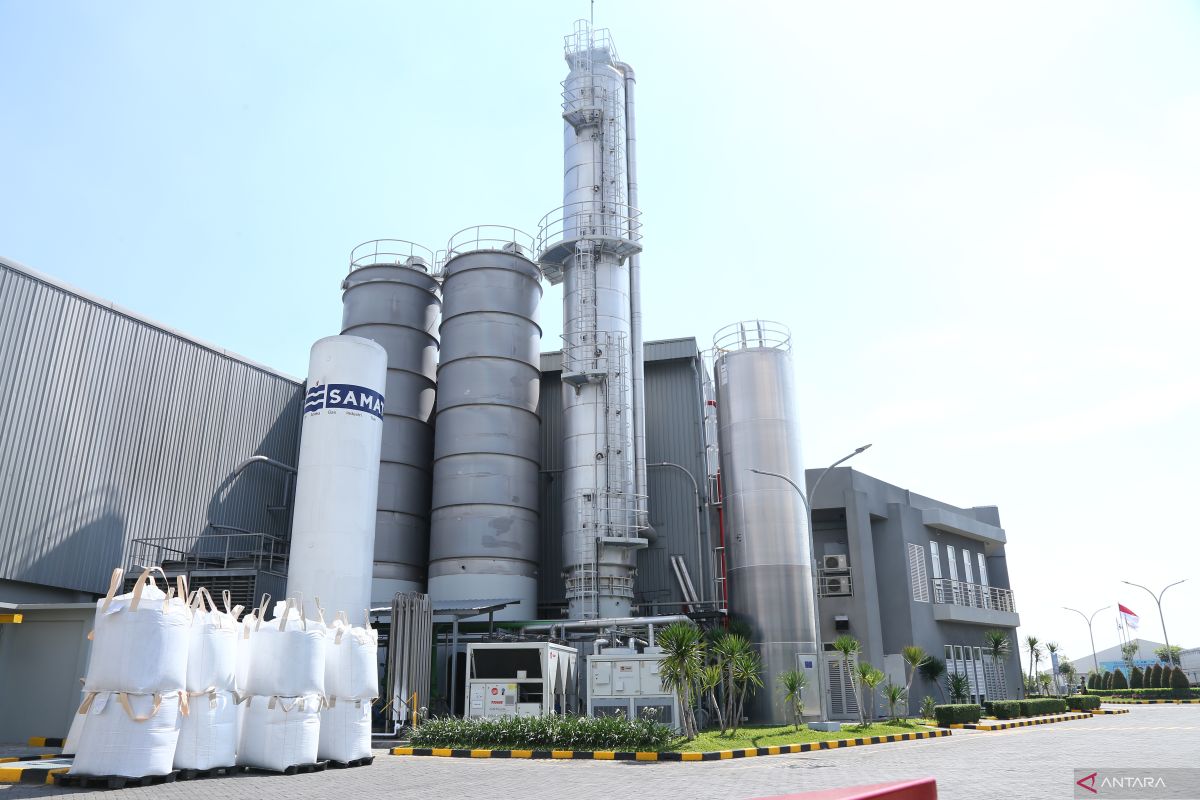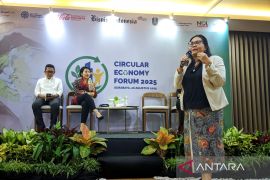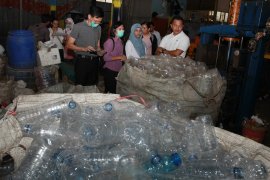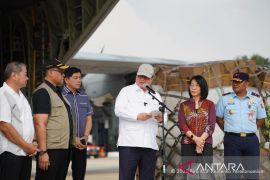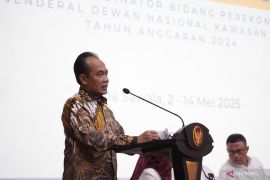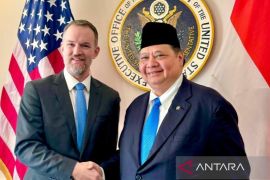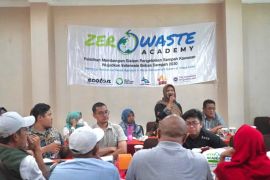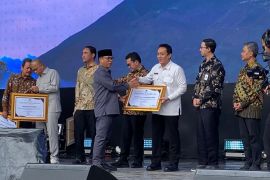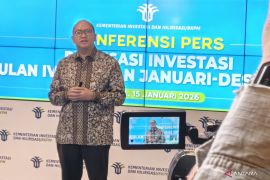Jakarta (ANTARA) - The Indonesian Government is currently devising a policy on the circular economy as a strategic step to support the development of sustainable plastic industries, according to the Coordinating Ministry for Economic Affairs.
Circular economy refers to an economic system that pursues the optimum value and use of raw materials, components, and products with the objective of reducing the volume of waste at landfills.
During a discussion in Jakarta on Thursday, the ministry's assistant deputy for industrial development, Eko Harjanto, explained that the policy formulation aims to help Indonesia ditch its reliance on imported raw plastic and reduce plastic waste tonnage.
According to him, the policy will encompass various facilities, including the relaxation of value-added tax for plastic businesses that utilize recycled materials as well as for plastic recyclers themselves.
The government will also offer a fiscal incentive to businesses, whose amount will be determined by the businesses' level of adherence to the circular economy, he added.
Harjanto informed that the government will prioritize procuring goods and services offered by companies that hold a green industry certificate in a bid to ease market access for eco-friendly products.
Further, he added, the government will help certified industries access financing schemes.
According to data presented by the Indonesian Plastic Recycling Association (ADUPI), the number of plastic recycling industries in Indonesia stood at 241 in 2023, with their recycling capacity reaching 2.54 million tons annually.
Meanwhile, the Ministry of Environment and Forestry's data has shown that the total volume of waste or dump generated by 317 districts and cities across the country reached 35.2 million tons last year, with 63.12 percent of the waste managed successfully.


